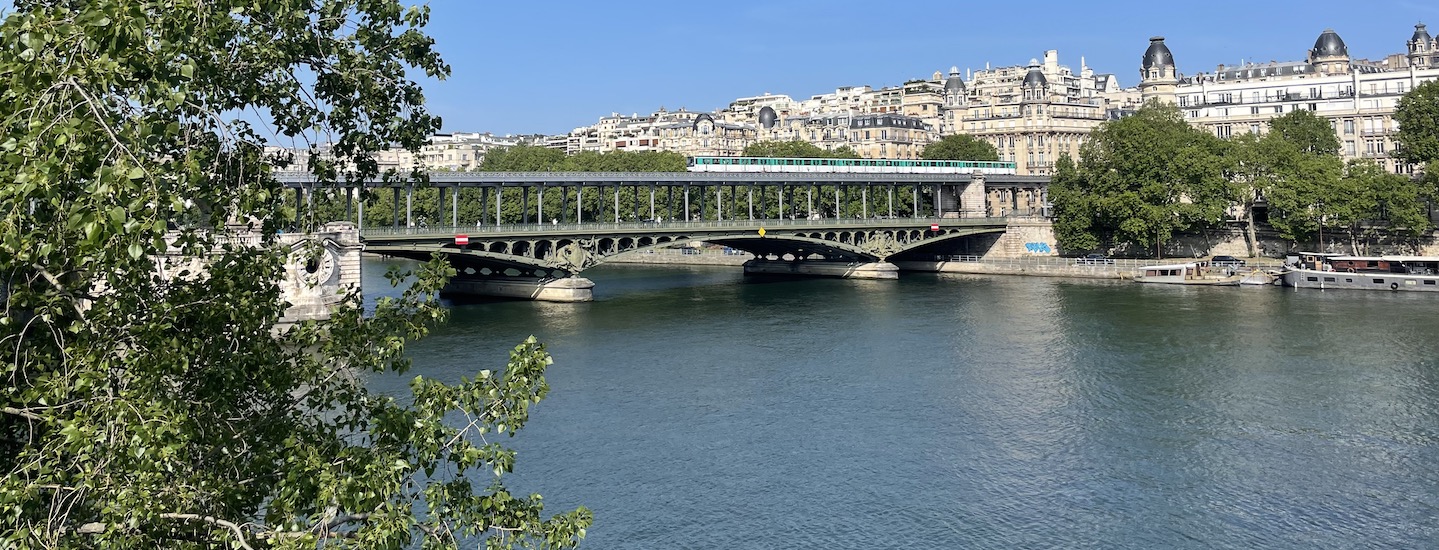
Few ocean-related activities spark the combination of satisfaction and frustration as Surfrider’s beach cleanups. Satisfaction because leaving a place better than you found it feels good! That's why our volunteers continue to show up week after week. Frustration because the beach shouldn’t be covered in trash – especially plastics – to begin with. That’s why our advocates fight so hard at every level to ban single-use plastics, attending countless city council meetings, calling their state elected officials and showing up on Coastal Recreation Hill Day to demand we take better care of our coast and ocean.
But what if we could help make a difference globally? What if we could reduce plastic pollution, eliminate single-use plastics and recreate the reuse systems that support human and planetary health? Well, we can – if we can get the United States to step up and support such measures in the Global Plastics Treaty.
(Jump straight to action here!)
With that goal in mind, I’m attending the second session of the Intergovernmental Negotiating Committee (better known as INC-2) at UNESCO headquarters in Paris, France, along with colleagues from Surfrider Europe, Diane Beaumenay-Joannet, Nathalie Van Den Broeck and Lionel Cheylus.

Jennifer Savage, Plastic Pollution Initiative Sr Mgr, and Diane Beaumenay-Joannet, Marine Litter Advocacy Officer, Surfrider Europe
In preliminary briefings, U.S. officials have offered several promising statements emphasizing key treaty priorities:
- Recognizing plastic pollutes at every stage of production and disposal, and the corresponding need to provide environmental justice in response;
- Holding plastic producers accountable;
- Reducing single-use plastics;
- Emphasizing that while recycling has a role, it is not a solution in itself.
Where the U.S. has been falling short is in an unwillingness to call for a globally focused, legally binding treaty. Unlike the “high ambition coalition” of countries, led by Norway and Rwanda, the United States is joining with Saudi Arabia and China – countries that also have enormous oil and gas industries – to call for a more limited scope and only voluntary measures similar to the ineffective 2015 Paris climate agreement. Attending INC-2 offers a chance to directly ask U.S. delegates to represent constituent demand for meaningful action against plastic pollution.
Day 1: Delays and debate
INC-2 officially kicked off nearly an hour behind schedule, setting the stage for what would be a day of delay. Before any real work can be done, countries need to agree on whether decisions must be reached by consensus or by majority vote. Debate on this point took hours longer than had been scheduled and, for those unversed in the wonky procedural language, could be quite confusing.
In short, the current provisional rules call for most decisions to be made by consensus when possible, then by a two-thirds majority vote when not. However, (in what environmental advocates widely viewed as a stalling tactic) some countries insisted decisions should only be made by consensus. If the committee adopts that practice, eliminating the potential for decision by vote, the result will be an extremely weak treaty, as current discord means the only areas of unanimous agreement will be the ones with the least impact – one dissenting vote would essentially serve as a veto on any given issue. In the meantime, treaty development is at a standstill.
As the week progresses, we hope the committee does, too – a major INC-2 goal is to produce an initial draft that can be refined over the remaining three meetings and adopted by the end of 2024. Watch this space for further reports!



